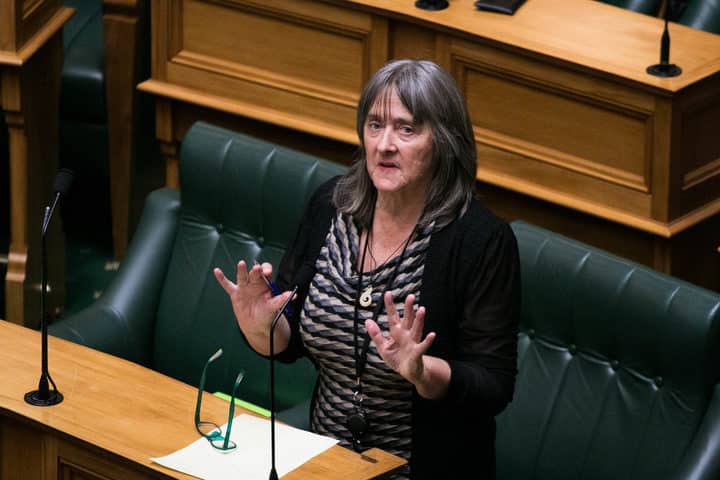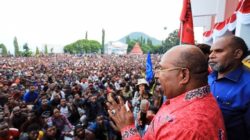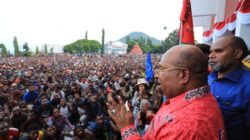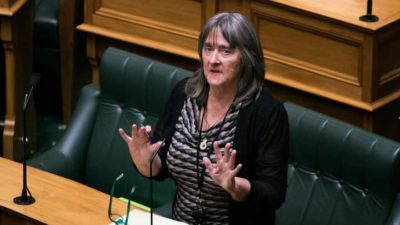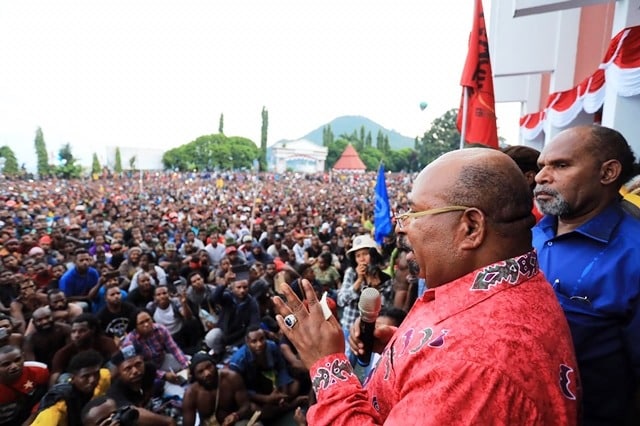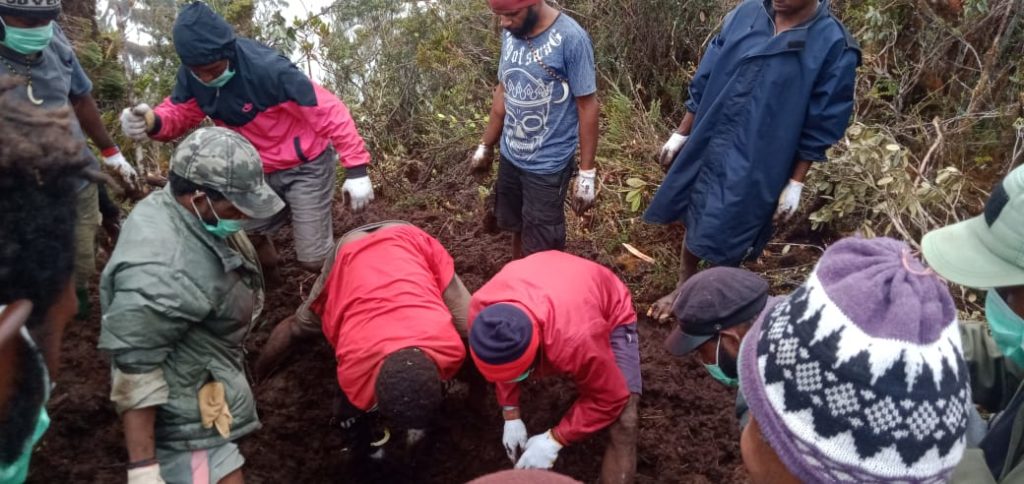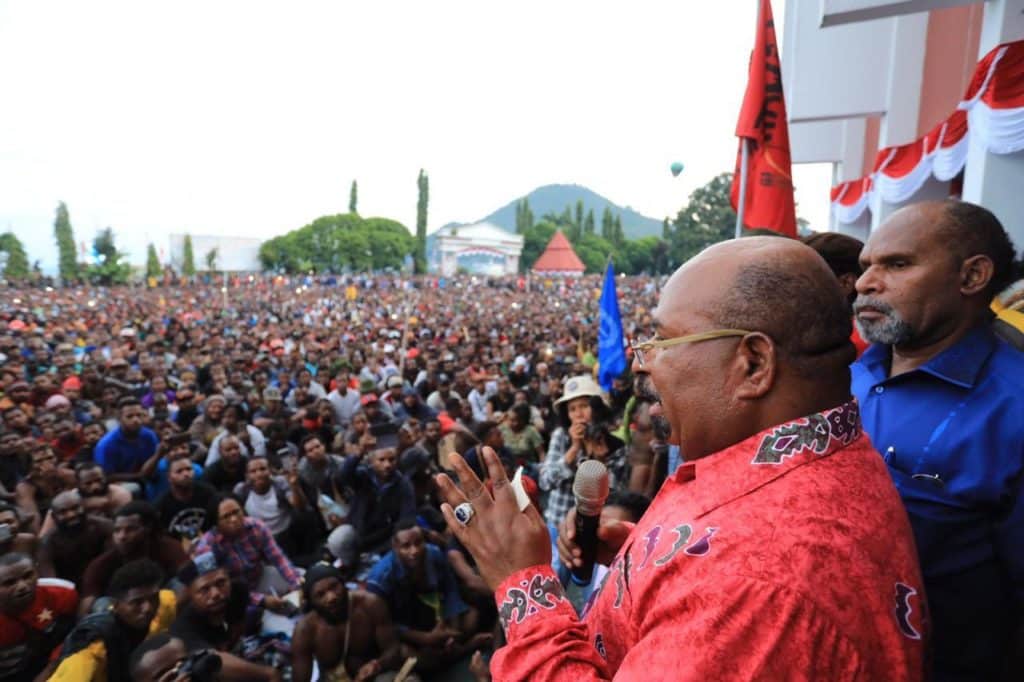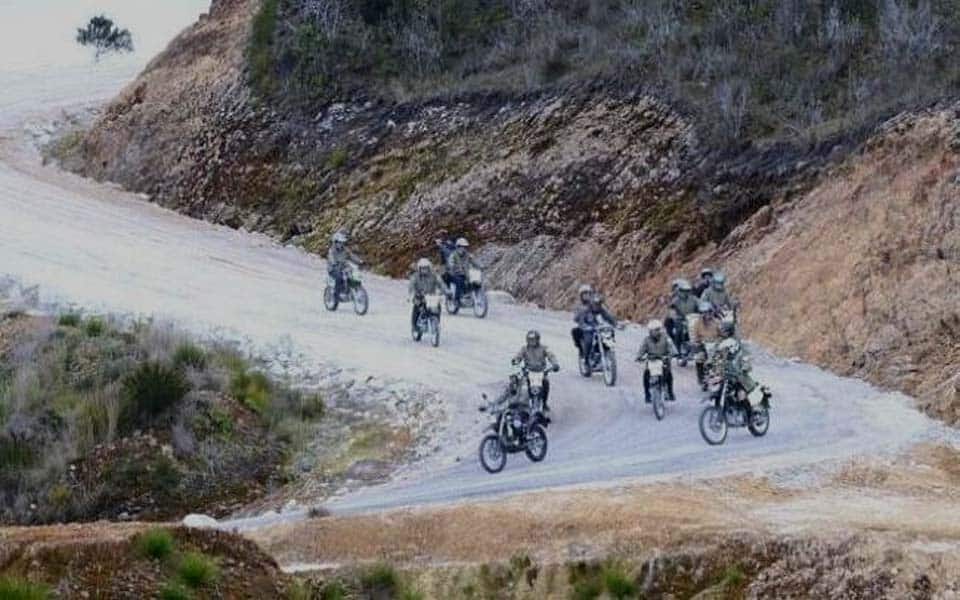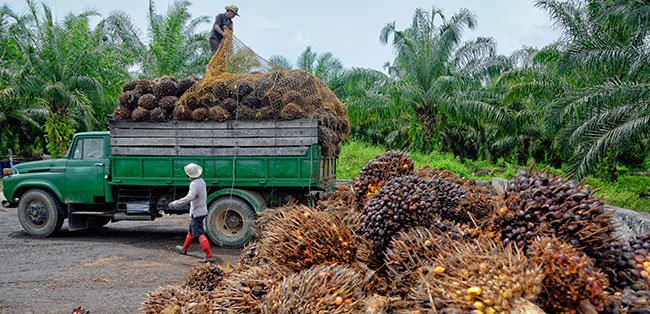
Jayapura, Jubi – It was towards the end of my tour at the Australian Embassy in Jakarta when, in 1969, West Papua became the twenty-sixth province of Indonesia after the so-called ‘Act of Free Choice’ sponsored by the UN saw the transfer of official administration from the Netherlands to Indonesia.
Jakarta should indeed be concerned that they could eventually lose the resource-rich territory – an event that could drag Australia into conflict with its restive neighbor.
Over the five decades that Indonesia has held official control of West Papua, the indigenous population has endured a repressive and unjust system of Javanese-colonial occupation.
Based on reports filed by church organizations, missionaries and West Papuan diaspora, Indonesian security forces continue to commit gross human rights abuses against the indigenous population with estimates of civilians killed reaching half a million since occupation commenced.
There has always been a deeply-felt sense of kinship and common heritage amongst the Melanesian Spearhead Group of nations towards West Papua. Vanuatu has always been a place of refuge for West Papuan dissidents and independence activists.
The Melanesian Spearhead Group (MSG) came into being on July 17, 1986 as a result of an informal meeting of Heads of Government of Papua New Guinea, Solomon Islands, Vanuatu and a representative of the Kanak Socialist National Liberation Front (FLNKS).
In 2015, the United Liberation Movement for West Papua (ULMWP) a coalition of West Papuan organizations was made an observer of the Melanesian Spearhead Group (MSG).
The ULMWP had since applied for full membership, hoping it would give their movement greater political recognition. This is unlikely to succeed as the leaders of the MSG voted to make Indonesia an associate member, paving the way for stronger cooperation between Jakarta and Melanesian countries. Indonesia’s membership of the MSG has giving them a greater influence in Melanesian politics than the ULMWP.
In January 2017 the MSG commenced discussions to provide full membership to the United Liberation Movement for West Papua.
Although the MSG’s core philosophy supports decolonization and greater independence in Melanesia the potential inclusion of the ULMWP is problematic with Indonesia’s associate membership (granted on the basis of the Melanesian identity of five of its provinces).
Currently, Solomon Islands and Vanuatu openly favour the ULMWP’s inclusion whilst Fiji and Papua New Guinea remain undecided.
In September 2016 history was made for West Papua at the United Nations General Assembly when seven Pacific Island nations raised the issue of West Papuan independence. These countries were Nauru,Marshall Islands, Tuvalu ,Vanuatu, Solomon Islands, Tonga and Palau.
Ireland, Guinea and the Netherlands have now added their voices to the cause. In April of this year a global petition for West Papuan self-determination was launched in Papua New Guinea. This historic petition was originally launched at the British parliament in Westminster on January 27, 2017.
The petition calls upon the UN Secretary General to – “appoint a Special Representative to investigate the human rights situation in West Papua; put West Papua back on the Decolonisation Committee agenda and ensure their right to self-determination denied to them in 1969 is respected by holding an Internationally Supervised Vote (in accordance with UN General Assembly Resolutions 1514 and 1541 (XV)).”
Political support in New Zealand for an independent West Papua also continues to grow after eleven members of Parliament from across four political parties signed the Westminster Declaration in May 2017, calling for West Papua’s right to self-determination to be legally recognised through an indigenous Papuan vote.
Indonesia continues to pressure Australia to caution its Pacific Island neighbours against interfering in the West Papua issue and to urge them to withdraw support for West Papuan membership of the Melanesian Spearhead Group, warning that the issue could pose a ‘stumbling block’ to closer bilateral ties if Canberra fails to adopt a stronger public defence of Indonesia’s position.
Although all Australian governments since 1962 have supported Indonesian sovereignty over West Papua, the growing international support for independence is highly likely to continue to negatively impact upon Australia-Indonesia relations in the future, recalling Australia’s support for East Timor’s independence from Indonesia in 1999. Jakarta believes that Australia will eventually support West Papuan independence or has strategic designs on the province.
We can be certain that Jakarta would not readily surrender West Papua as it did East Timor. Papua New Guinea could also become victim to any conflict arising from a territorial fight and that would certainly invoke existing arrangements between PNG and Australia requiring boots on the ground to protect its borders.(*)
Written by Kerry Collison. She is an author and Asia desk foreign correspondent for Washington’s Defence and Strategic Affairs. Republished fromhttp://asopa.typepad.com



